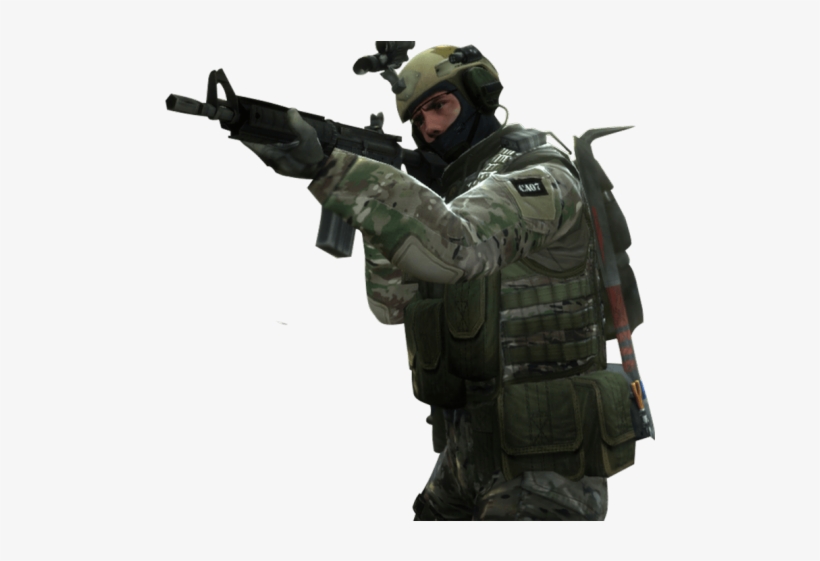Literature - G.C. E. (O/L) Poems on Conflict -The Terrorist, He’s Watching
The Terrorist, He’s Watching
By
Wislawa Szymborska
Wislawa
was a Polish poet, essayist, translator and recipient of the 1996 Nobel Prize
in Literature. She was born in Prowent which is now part of Komuk. She later
resided in Krakov.
Look at
the word,
The terrorist
What
do you feel when you hear the word terrorist?
What are the words that come to your mind can you
make a list of those words.
Are
you familiar with the words terrorist and terrorism?
What
do you know?
Do
you know or have you heard about any terrorist attacks in our country?
Do you know how people were devastated by
those attacks?
Who is
a terrorist?
A person who uses
unlawful violence and intimidation, especially against civilians, in the
pursuit of political aims.

In this poem we see a terrorist watching
after planning a deliberate assault by setting a bomb and watching being at a safe
distance to see the destruction which might occur in few seconds.
He is waiting to see the consequence which would
necessarily be destructive and bring pain and suffering to ordinary innocent civilians.
Sri
Lanka too underwent this kind of situation for over thirty years. Deliberately
planned violence and assassinations were common in Sri Lanka and continues
unabated in many societies. The poet captures the moment of assassination and destruction
creating a much tensed atmosphere very effectively.
Let’s watch the poem
The
Terrorist, He’s Watching
The bomb in the bar will explode at thirteen twenty.
Now it’s just thirteen sixteen.
There’s still time for some to go in,
And some to come out.
The terrorist has already crossed the street.
That distance keeps him out of danger,
and what a view- just like the movies:
A woman in a yellow jacket, she’s going in.
A man in dark glasses, he’s coming out.
Teenagers in jeans, they’re talking.
Thirteen seventeen and four seconds.
The short one, he’s lucky, he’s getting on a scooter,
but the tall one, he’s going in.
Thirteen seventeen and forty seconds.
That girl, she’s walking along with a green ribbon in her
hair.
But then a bus suddenly pulls in front of her.
Thirteen eighteen.
The girl’s gone.
Was she that dumb, did she go in or not,
we’ll see when they carry them out.
Thirteen nineteen.
Somehow no one’s going in.
Another guy, fat, bald, is leaving, though.
Wait a second, looks like he’s looking for something in his
pockets and
at thirteen twenty minus ten seconds
he goes back in for his crummy gloves.
Thirteen twenty exactly.
This waiting, it’s taking forever.
Any second now.
No, not yet.
Yes, now.
The bomb, it explodes.
The
first stanza gives the setting. The bomb is set in a bar.
- Can you think why a place like a bar would be selected for such a purpose? What is the intention of this terrorist?
- Is it the same as that of all terrorists?
- Does the stanza give you a clue as to what device is used?
- Which phrases/ lines provide you with the clue?
- At what time would the bomb explode?
- What time is it now (as you read the first stanza)?
- The time is emphasized in this stanza (thirteen twenty, thirteen sixteen). Why is digital time used?
Read
the second stanza a picture of the terrorist is given.
- What does he do after setting up the explosive device?
- Why has he crossed the street?
- Why doesn’t he leave the place of the blast?
- Is this behavior usual with terrorists?
Read
the next four stanzas which brings out the situation through the eyes of the
narrator
- The narrator who sees or observes the actions of the terrorist as well as the people. Both the terrorist and the narrator see a lot of movement of people- men, women, girls and boys.
- How does the narrator see each of them? (With grief, fear or mechanically)
- Does the terrorist have even a twinge of conscience about the people who are going to get killed?
- Does the narrator have pity?
Read the
following lines
“the
short one, he’s lucky, he’s going on a scooter”
“The
girl, she’s walking along with a green ribbon in her hair
Was she
that dumb, did she go in or not”
- How do you interpret the above lines?
- Do you think they show any kind of ‘softness’ on the part of the terrorist?
- Whose point of view do you find here? The terrorist’s or the narrator’s?
The
terrorist seems to be looking at his watch all the time.
- Why does he do that?
The
narrator is also conscious of time.
- How much time has passed from the time the bomb was set up to the time the girl in the green ribbon passes the bar?
The
narrator seems to read time mechanically too on his watch.
e.g.
“thirteen twenty minus ten seconds.
What is
the effect?”
- How much time does the bald-headed man have to go and get his gloves?
- Do the people going in and coming out of the bar know about the impending disaster?
- Who feels the tension? The narrator or the terrorist?
- On whose account is the tension? Why does the narrator feel tensed?


Comments
Post a Comment